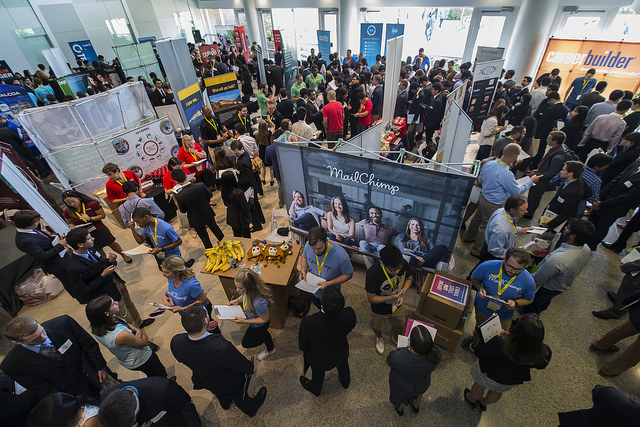- You are here:
- GT Home
What is Machine Learning?
Machine learning aims to produce machines that can learn from their experiences and make predictions based on those experiences and other data they have analyzed. The Machine Learning Center at Georgia Tech (ML@GT) is an Interdisciplinary Research Center that is both a home for thought leaders and practitioners and a training ground for the next generation of pioneers.
The field of machine learning crosses a wide variety of disciplines that use data to find patterns in the ways both living systems, such as the human body and artificial systems, such as robots, are constructed and perform. Whether it’s being applied to analyze and learn from medical data, or to model financial markets, or to create autonomous vehicles, machine learning builds and learns from both algorithm and theory to understand the world around us and create the tools we need and want.
Recent News
-
No items available.
Events
-
Feb 25
IRIM Spring 2026 Seminar Series | Material-Like Robotic Collectives with Spatiotemporal Control of Strength and Shape
Featuring - Elliot W. Hawkes | Associate Professor, Mechanical Engineering, UC Santa Barbara
-
Feb 11
IRIM Spring 2026 Seminar Series | Behavioural Production: Semi-Autonomous Design, Fabrication and Construction
Featuring - Robert Stuart-Smith, GRASP Lab @ UPenn
-
Apr 1
IRIM Spring 2026 Seminar Series | Featuring Sarah Bergbreiter - Professor, Associate Head for Strategic Initiatives, Mechanical Engineering @ CMU
Featuring Sarah Bergbreiter - Professor, Associate Head for Strategic Initiatives, Mechanical Engineering @ CMU
-
Apr 15
IRIM Spring 2026 Seminar Series | Featuring - Amy Orsborn, University of Washington
Featuring - Amy Orsborn, University of Washington
-
Mar 11
IRIM Spring 2026 Seminar Series Session V
Featuring | TBA





